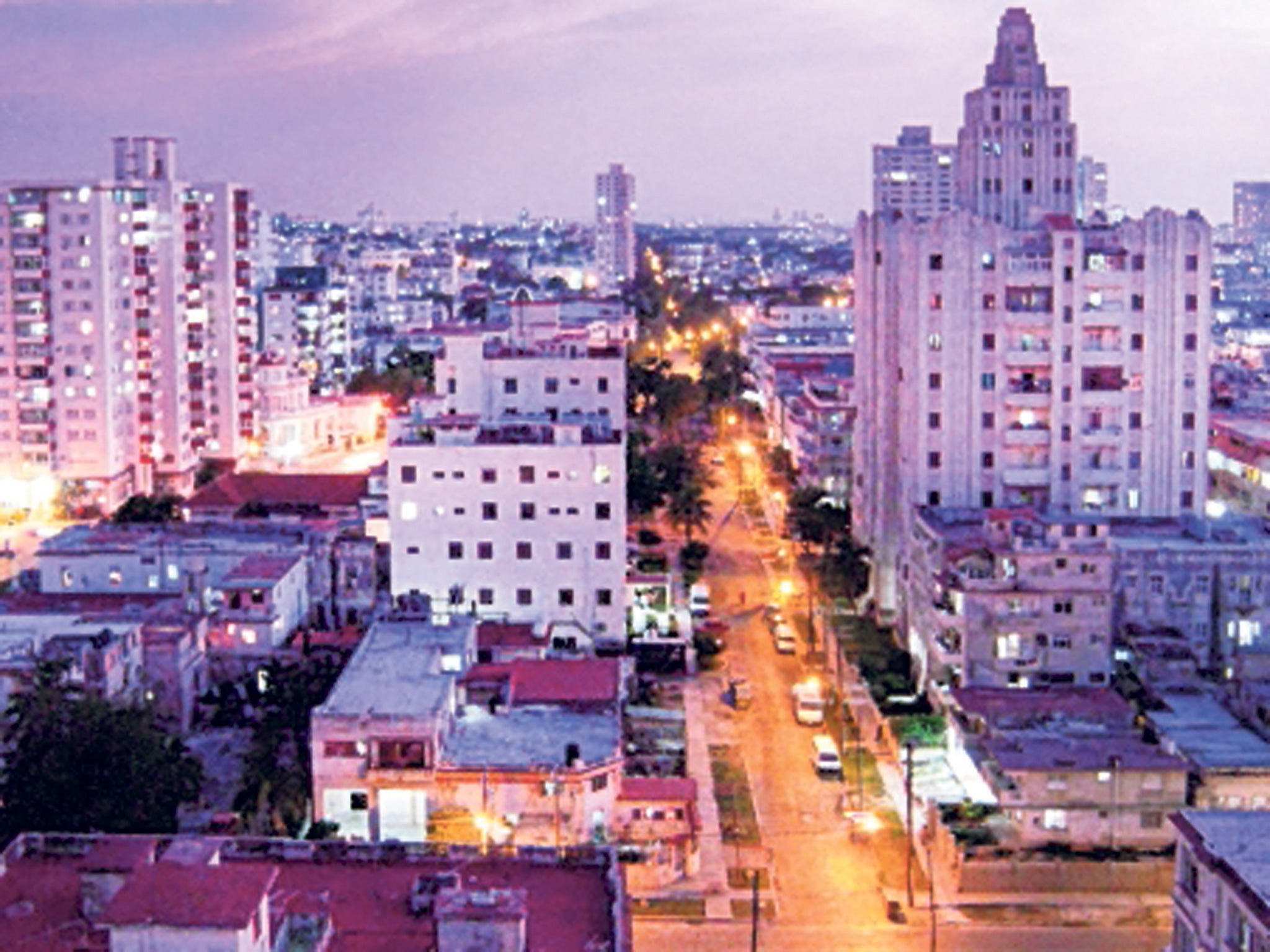Dollars or pounds? Please solve my Cuban currency conundrum
Q&A: Travel unravelled

Your support helps us to tell the story
From reproductive rights to climate change to Big Tech, The Independent is on the ground when the story is developing. Whether it's investigating the financials of Elon Musk's pro-Trump PAC or producing our latest documentary, 'The A Word', which shines a light on the American women fighting for reproductive rights, we know how important it is to parse out the facts from the messaging.
At such a critical moment in US history, we need reporters on the ground. Your donation allows us to keep sending journalists to speak to both sides of the story.
The Independent is trusted by Americans across the entire political spectrum. And unlike many other quality news outlets, we choose not to lock Americans out of our reporting and analysis with paywalls. We believe quality journalism should be available to everyone, paid for by those who can afford it.
Your support makes all the difference.Q. My daughter is off to Cuba. Her worry is money. If the Cubans don't accept dollars, should she take pounds? And what is the best way of getting cash?
A. Your daughter will become one of the relatively small number of British travellers to experience the beautiful chaos of the last bastion of communism in the West. Cuba is a fabulous island, but with some annoying habits to contend with – such as its mad financial system. José Public uses the ordinary Cuban peso, for which the current rate is around 40 to £1. They used to be available mainly on the black market, but now they are exchanged legally at "Cadeca" kiosks – dotted around Havana and other Cuban cities.
Travellers should always have a modest supply, say about £10 or £20 worth, in order to access items from pizza to city buses at locals' prices. But for most essentials – accommodation, long-distance transport, meals in decent cafés and restaurants – foreigners need the CUC. This is the "convertible peso", the island's home-made hard currency.
The CUC is a peculiarly Cuban device. While the US dollar is the international currency of choice just about everywhere in the Caribbean, for political reasons Cuba has created its own (which, right now, is worth almost exactly the same as the dollar, at about 1.50 to the £). You can't buy them abroad, so your daughter will need to buy some upon arrival.
The best rates (ie where the "spread" between buying and selling rates is narrowest) are offered in exchange for the euro. It is probably not worth changing sterling into euros first, because you will lose a little on that transaction too. But a few low-denomination euro notes are useful, particularly in the back of beyond where locals will look askance at the Great British fiver. Besides cash, it is worth loading a pre-paid currency card with some sterling or euros so that she can use ATMs – and you have the parental privilege of topping up the balance from afar when it starts to run short.
Finally, while Cuba is the safest place in the Caribbean, ask your daughter to take extra care of her possessions in Old Havana and the centre of Santiago.
Join our commenting forum
Join thought-provoking conversations, follow other Independent readers and see their replies
Comments